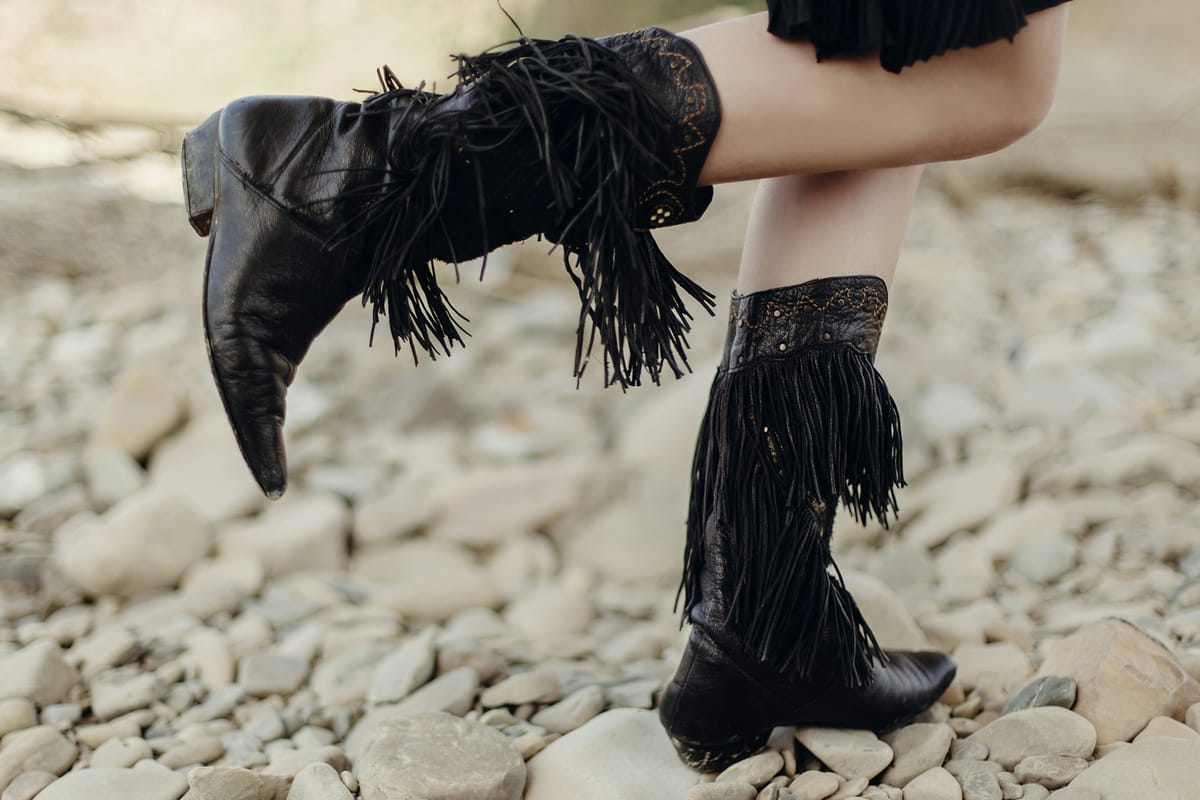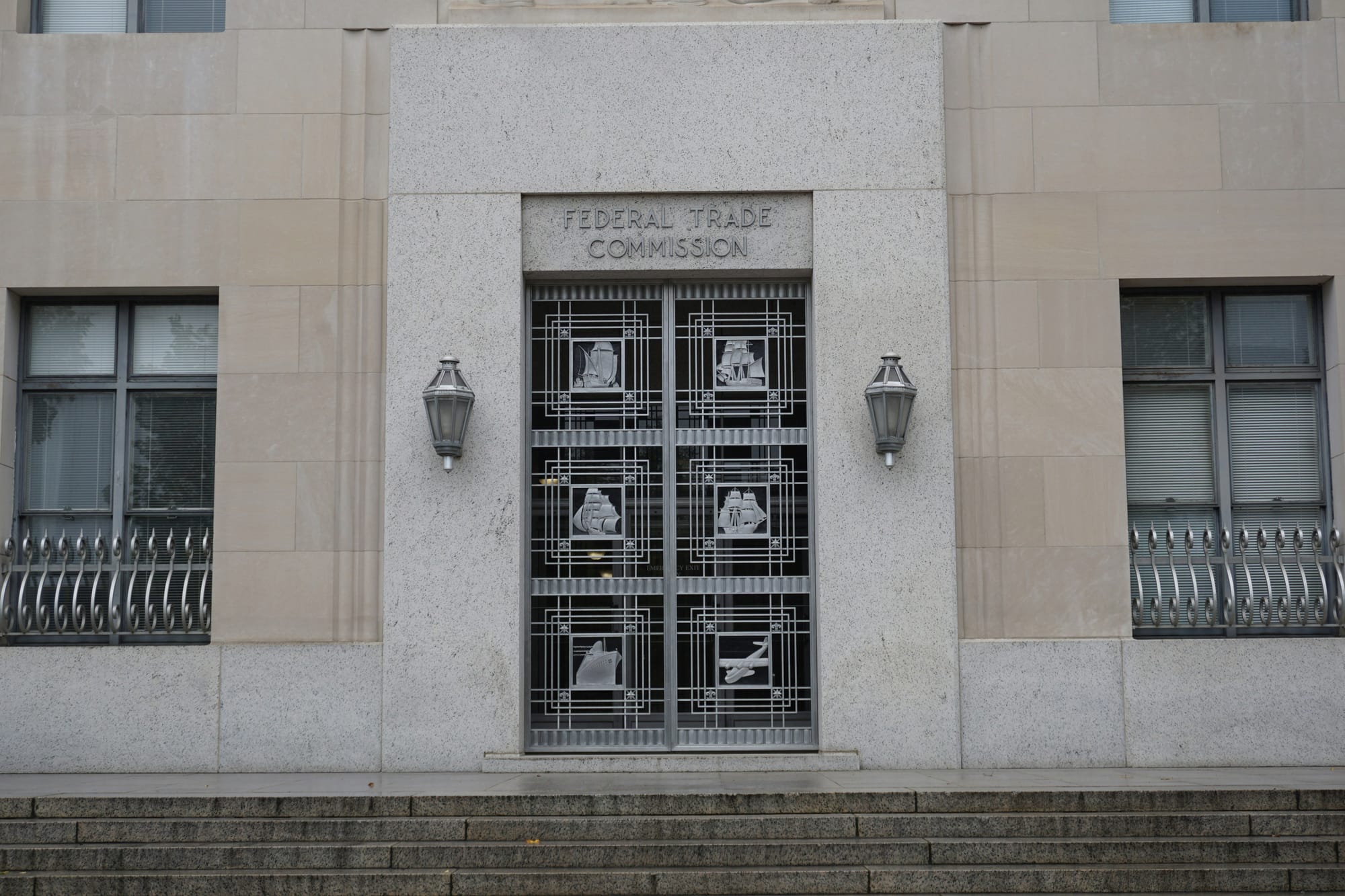The Federal Trade Commission announced Wednesday that Pornhub and its parent company Aylo settled a lawsuit filed by the Federal Trade Commission and the state of Utah.
The FTC and Utah’s attorney general claimed that Pornhub and its affiliates “deceived users by doing little to block tens of thousands of videos and photos featuring child sexual abuse material (CSAM) and nonconsensual material (NCM) despite claiming that this content was ‘strictly prohibited,’” the FTC wrote in a press release.
“As part of a proposed order settling the allegations, Pornhub’s operators, Aylo and its affiliated companies (collectively Aylo), will be required to establish a program to prevent the distribution of CSAM and NCM on its websites and pay a $5 million penalty to the state of Utah,” it said.
“This settlement reaffirms and enhances Aylo’s efforts to prevent the publication of child sexual abuse material (CSAM) and non-consensual material (NCM) on its platforms,” a spokesperson for Aylo told 404 Media said in a statement. “Aylo is committed to maintaining the highest standards of safety and compliance on its platforms. While the FTC and Utah DCP [Division of Consumer Protection] have raised serious concerns and allege that some of Aylo’s user generated content websites made available videos and photos containing CSAM and NCM, this agreement strengthens the comprehensive safeguards that have been in place for years on Aylo platforms. These measures reflect Aylo’s ongoing commitment to constantly evolving compliance efforts. Importantly, this settlement resolves the matter with no admission of wrongdoing while reaffirming Aylo’s commitment to the highest standards of platform safety and compliance.”
In addition to the penalty fee, according to the proposed settlement, Aylo would have to “implement a program” to prevent CSAM and non-consensual imagery from being disseminated on its sites, establish a system “to verify that people who appear in videos or photos on its websites are adults and have provided consent to the sexual conduct as well as its production and publication,” remove content uploaded before those programs until Aylo “verifies that the individuals participating in those videos were at least 18 at the time the content was created and consented to the sexual conduct and its production and publication,” post a notice on its website about the FTC and Utah’s allegations, and implement “a comprehensive privacy and information security program to address the privacy and security issues detailed in the complaint.”

Aylo already does much of this. Pornhub overhauled its content and moderation practices starting in 2020, after Visa, Mastercard and Discover stopped servicing the site and its network following allegations of CSAM and sex trafficking. It purged hundreds of thousands of videos from its sites in early 2020 and registered with the National Center for Missing and Exploited Children (NCMEC).
In 2024, Pornhub started requiring proof of consent from every single person who appeared in content on the platform.
“The resolution reached involved enhancements to existing measures but did not introduce any new substantive requirements that were not either already in place or in progress,” Aylo’s spokesperson said. “This settlement resolves the investigation and underscores Aylo's commitment to robust safety protocols that should be applied broadly across all websites publishing user generated content. Aylo supports vigorous enforcement against CSAM and NCM, and encourages the FTC and Utah DCP to extend their initiative to protect the public across the broader internet, adult and mainstream, fostering a safer online environment for everyone. Throughout the investigation, Aylo worked to cooperatively resolve the concerns raised by the FTC and Utah DCP.”
The complaint from Utah and the FTC focuses largely on content that appeared on Pornhub prior to 2020, and includes allegations against several of the 100 different websites owned by Alyo—then Mindgeek, prior to the company’s 2023 acquisition by Ethical Capital Partners—and its affiliates. For example, the complaint claims the website operators identified CSAM on the sites KeezMovies, SpankWire, and ExtremeTube with titles such as “Brunette Girl was Raped,” “Drunken passed out young niece gets a creampie,” “Amateur teen after party and fun passed out sex realty [sic] submissive,” “Girl getting gangraped,” and “Giving her a mouthful while she’s passed out drunk.”
“Rather than remove the videos, Defendants merely edited their titles to remove any suggestion that they contained CSAM or NCM. As a result, consumers continued to view and download these videos,” the complaint states. The FTC and Utah don’t specify in the complaint whether the people performing in those videos, or any of the videos mentioned, were actually adults participating in consensual roleplay scenarios or if the titles and tags were literal.
The discussions between then-Mindgeek compliance staff outlined in the complaint show some of the conversations moderators were allegedly having around 2020 about how to purge the site of unverified content. “A senior member of Defendants’ Compliance team stated in an internal email that ‘none of it is enough,’ ‘this is just a start,’ and ‘we need to block millions more’ because ‘the site is FULL of non-compliant content,’” the complaint states. “Another senior employee responded: ‘it’s over’ and ‘we’re fucked.’”
The complaint also mentions the Girls Do Porn sex-trafficking ring, which Pornhub hosted content for and acted as a Pornhub Premium partner until the ring was indicted on federal trafficking charges in 2019. In 2023, Pornhub reached a settlement with the US Attorney General’s office after an FBI investigation, and said it “deeply regrets” hosting that content.



